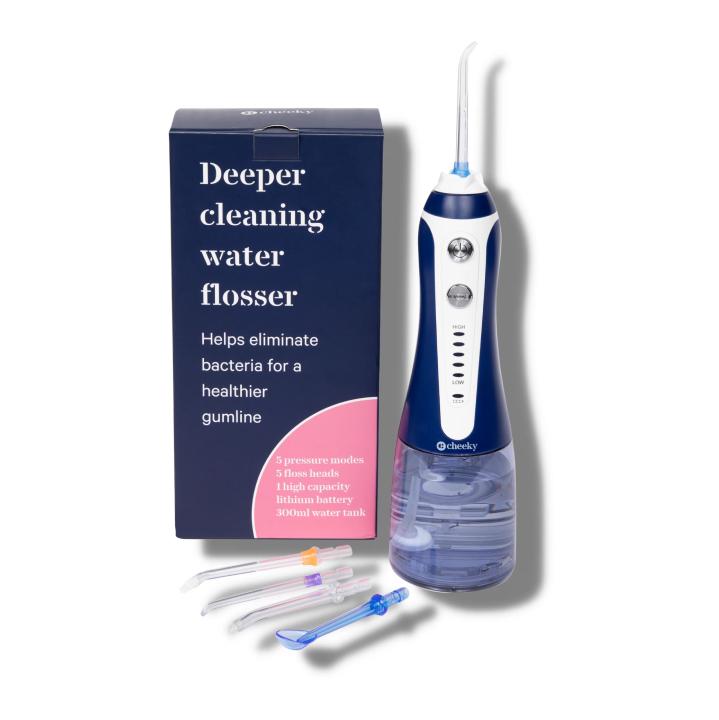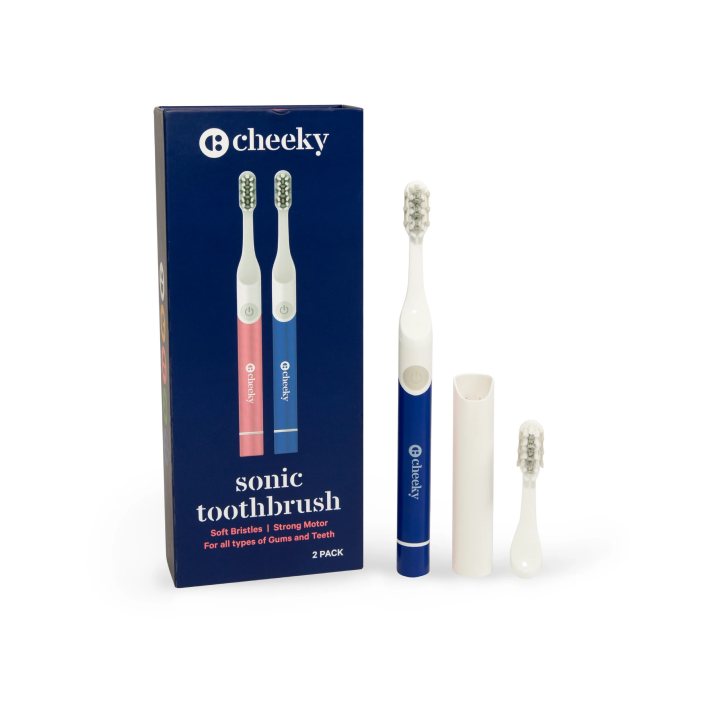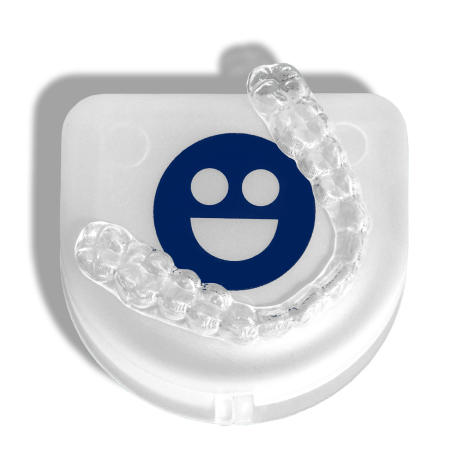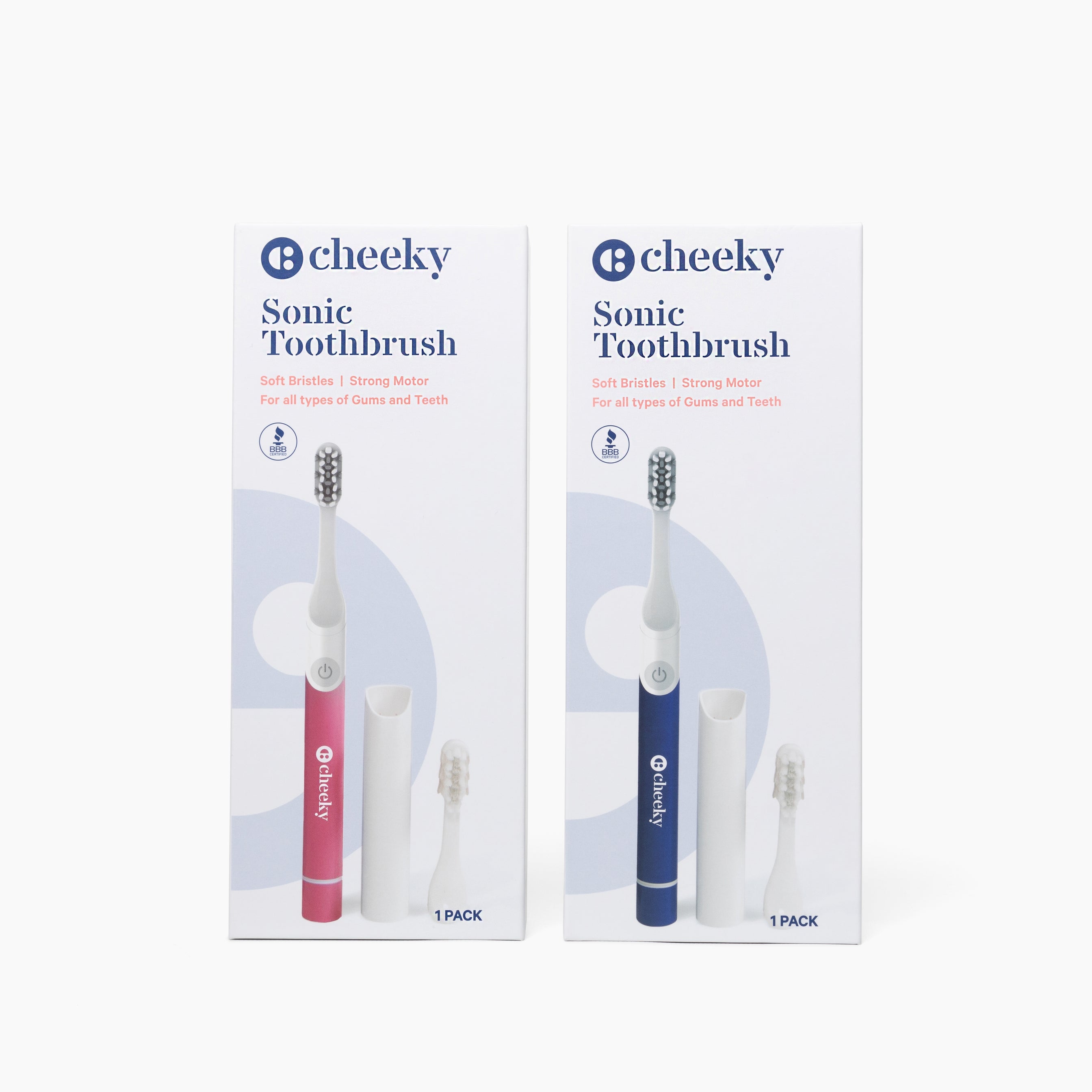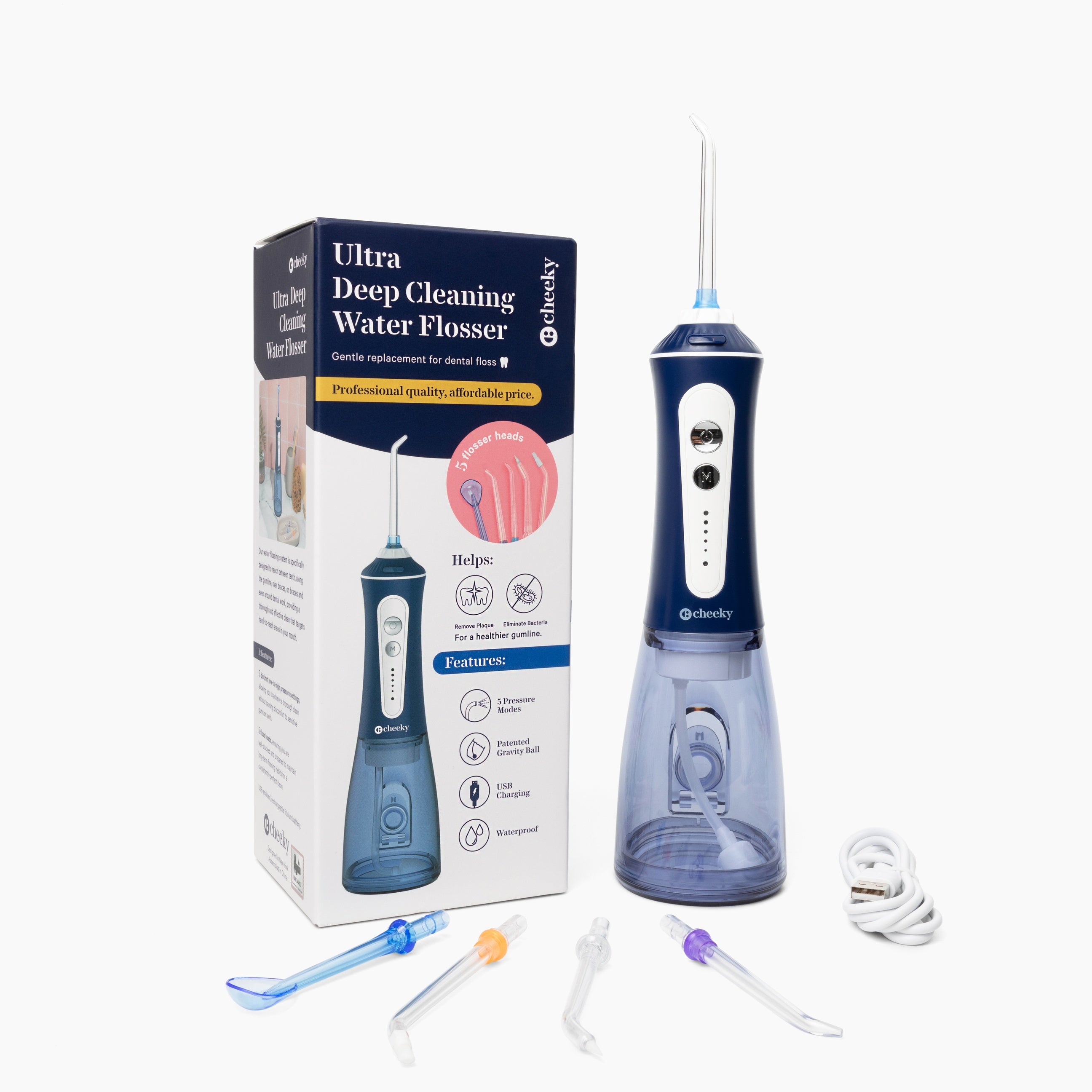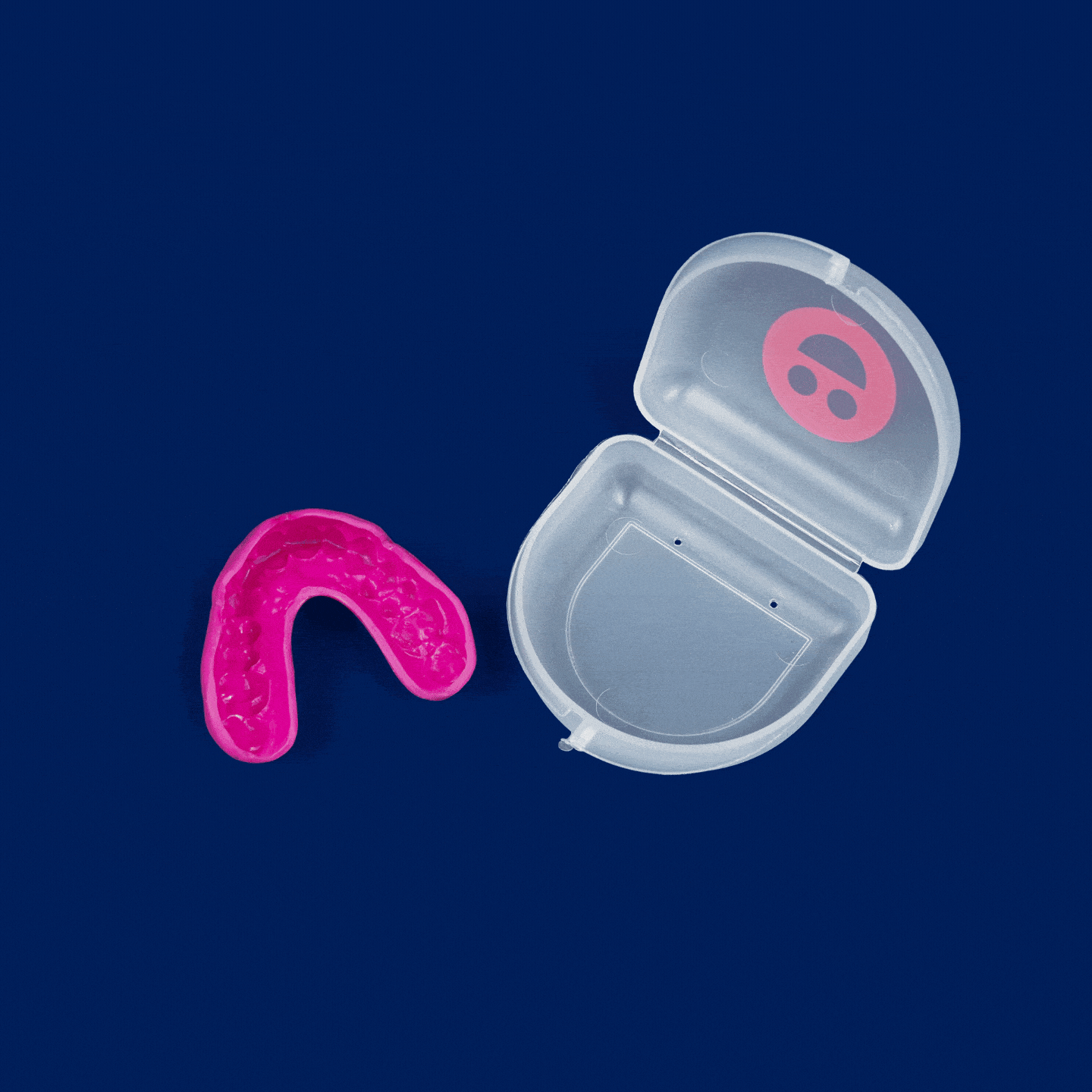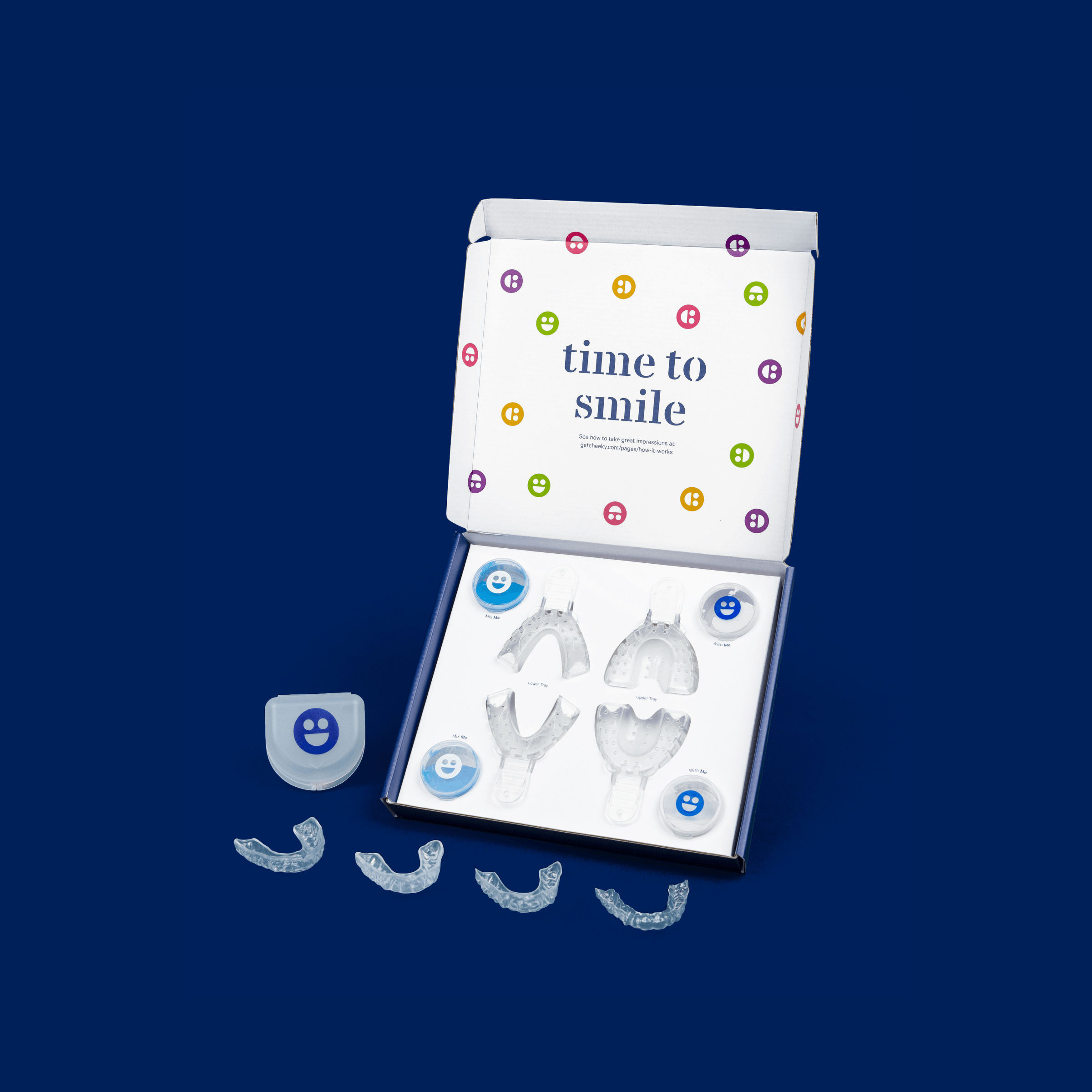Feb 06, 2023
Antidepressants and Teeth Grinding: The Surprising Link
Teeth grinding, also known as bruxism, is a common condition that affects many people. The causes of teeth grinding can range from stress to misaligned teeth, but recent research has revealed a surprising link between the use of certain antidepressants and this habit. In this article, we will discuss the connection between antidepressants and teeth grinding, and what you can do to prevent it. What is Teeth Grinding? Teeth grinding...
Read More
Feb 03, 2023
Custom Night Guards: A Solution for Teeth Grinding and Its Negative Effects
Teeth grinding, also known as bruxism, is a common oral health problem that affects millions of people. While it is often considered a harmless habit, excessive grinding can have negative consequences for your oral health, including worn down teeth, jaw pain, and headaches. To help prevent these effects, many people choose to use a custom night guard. What is Bruxism and Why is it Harmful? Bruxism is the act of...
Read More
Jan 30, 2023
The Negative Effects of Night Time Teeth Grinding
Nighttime teeth grinding, also known as bruxism, is a common issue that affects many people. While it may seem like a harmless habit, it can actually have serious negative effects on your oral and overall health. In this blog post, we'll explore the causes and consequences of bruxism and how you can address this problem. What Causes Nighttime Teeth Grinding? The exact cause of bruxism is still unknown, but several...
Read More
Jan 17, 2023
How does Melatonin Affect Teeth Grinding
Melatonin is a hormone that is naturally produced by the body and is responsible for regulating sleep patterns. It is often used as a supplement to help individuals who have trouble sleeping and has been shown to be effective in reducing the symptoms of insomnia. The body typically produces enough melatonin for sleep, but there are ways to enhance natural production or try a supplement for temporary insomnia, jet lag...
Read More
Dec 13, 2022
How should I treat my TMJ?
The temporomandibular joints or TMJs are located on each side of your jaw. They connect your jaw to your skull and allow your jawbone to move smoothly as your mouth opens and closes. When one or both of these joints are injured, strained, inflamed, or otherwise dysfunctional, a painful condition known as TMJ syndrome or temporomandibular joint disorder (TMD) can develop. If you experience any of the following symptoms, you...
Read More
